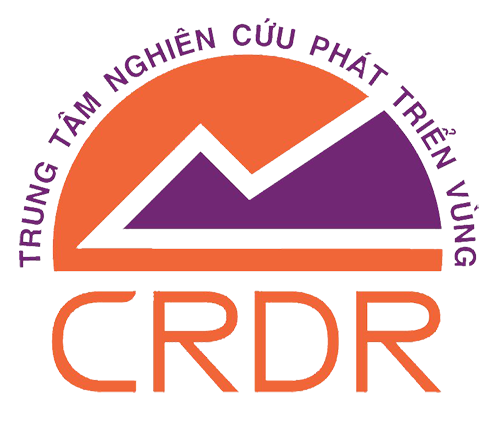Business software is a way to automatize business processes and can save time and money. It also improves collaboration and boosts productivity. Some of the most popular examples include CRM (customer relationship management), ERP (enterprise resource planning) and HCM (human resources management). Some business software is more basic and is used for daily tasks such as accounting, payroll and financial reporting. Certain are more advanced and can be developed professionally by Custom Software Development companies.
The first business software that was introduced in the 1980s revolutionized the ways businesses functioned by replacing manual labor. Word processors, for instance, replaced typewriters and project management software replaced a drawing board. This enabled teams to work more effectively. Other kinds of software are designed to enhance marketing and communication. They include ecommerce platforms which facilitate online transactions, feedback tools, and dashboards that provide sales visibility.
Some people aren’t keen to incorporate these tools into their business processes, because they fear they could result in the loss of jobs. However using these tools in business operations does not eliminate the need for employment, but instead helps employees advance to higher-level tasks that require more advanced skills.
Project management is a different use of business applications. Tools such as Google Workspace, for example can offer an office space where employees can collaborate and share documents. These platforms can also be adapted to a particular workflow or department. There are apps that allow users to track and manage time while working on projects. These apps are based on the Kanban method, and are perfect for a multi-step project. These tools enable clients to track the progress of their projects in a streamlined and time-bound manner. This will result in better invoicing and payment processing.
